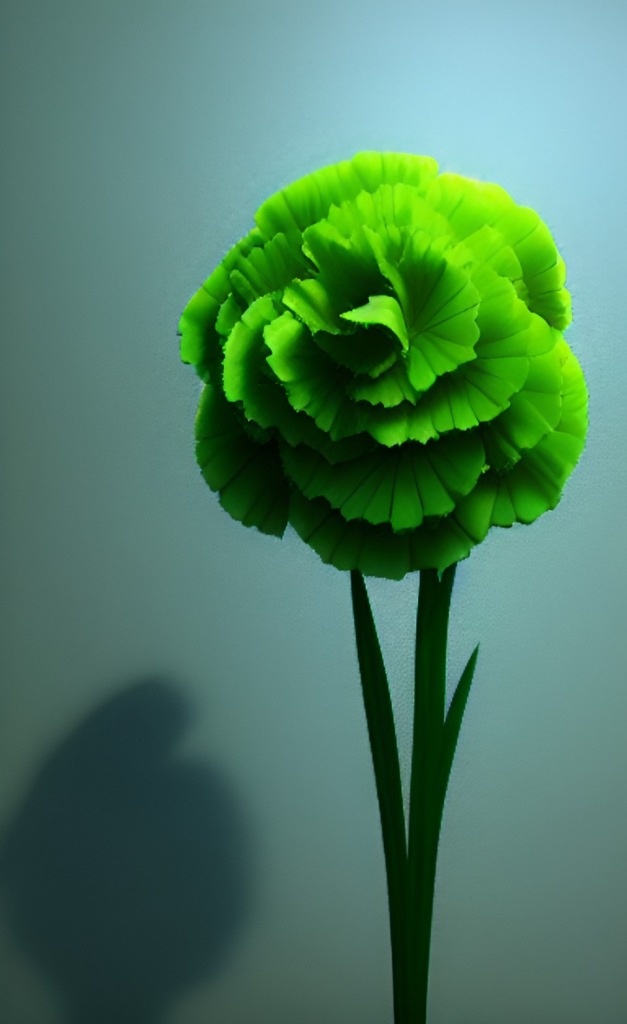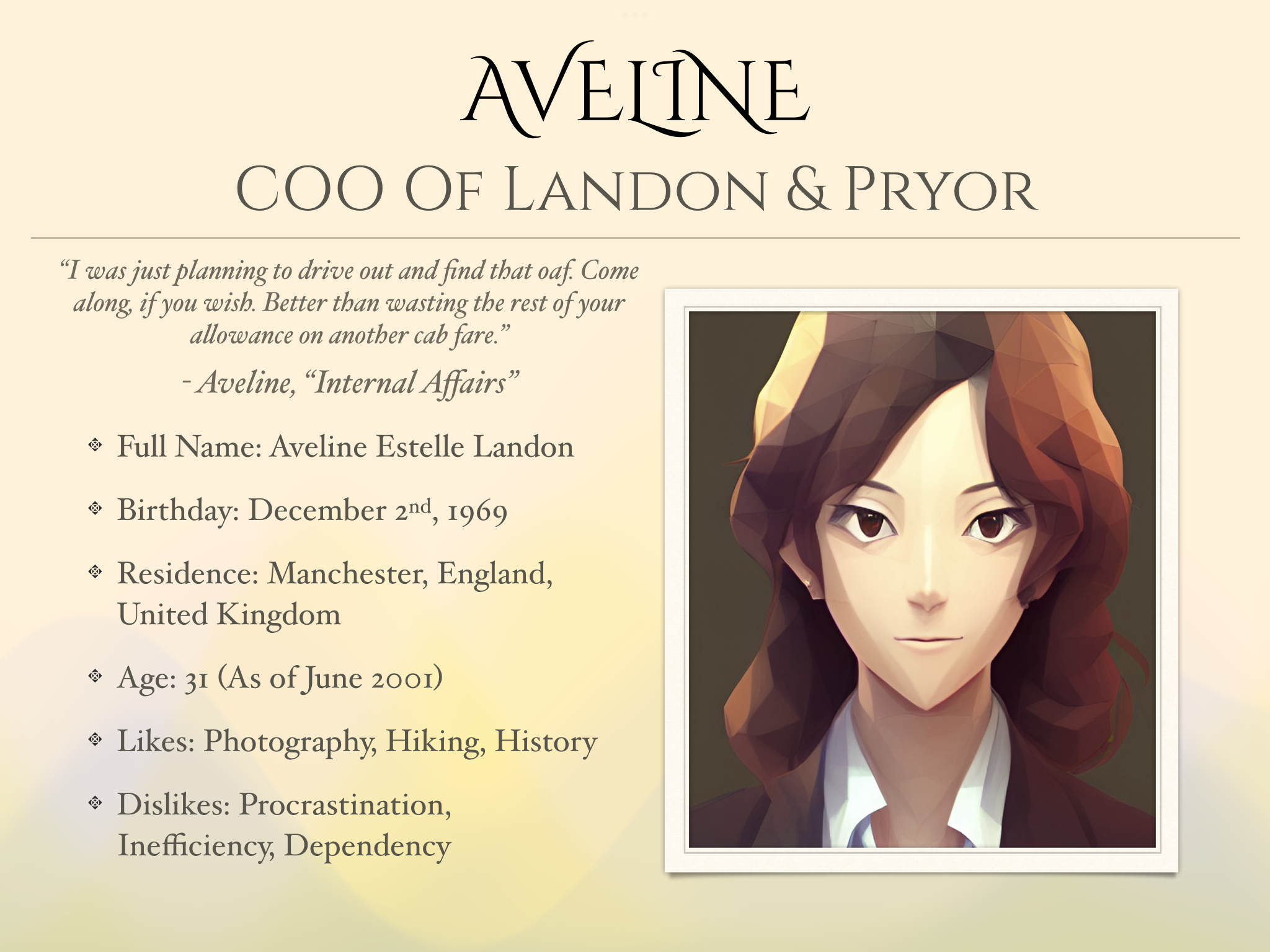A post I have long promised but been very slow to work with… hehe (;ω;)

In any case—Hiya!!
Responsibilities stack of course, but life lately has been calm—and that’s something I’m glad to take in the meantime ٩(๑❛ᴗ❛๑)۶
I want to try and take us all today back to the days just after I’d finished my third book, because for once, I can say that a different author came in to stock me up with some new ideas!
So let’s rewind to those first few months: just around April and May of 2020, when I’d just finished my third manuscript, and when my fascination with older English authors really began…
“The ugly and the stupid…”
Maybe it’s our temporal distance from them, maybe it’s just a difference in cultures, but there’s something oddly-fascinating about Victorian era authors, yeah?
Everything from the personal life of George Eliot to the death of Edgar Allan Poe have intrigued me every now and then—like peering into a stage where all the characters have taken on lives of their own.
For me, Oscar Wilde was no exception to this, but with him, I was introduced to his writing much earlier on thanks to some horror games I played that tied in with his works!
He wasn’t someone I remembered hearing in our English classes, since it was mostly the bigger names like Poe we discussed…

I remember Poe well actually- teachers and professors over the years often compared my works to his, and to top it off, we share a birthday~! ヾ(๑╹◡╹)ノ”
But as for Wilde?
Other than that video game tie-in, the only other thing I’d heard of him back then was… well
Finding out how he was treated over his sexuality was heartbreaking, even if it was expected for that time, but it also makes me appreciate how much us today can look back on his works and his life without any of the stigma he had to deal with (>_<)
As with most artists though, his most popular work ended up as my first experience with him: none other than The Picture of Dorian Gray.
“Everything whose beauty does not die…”

If you’ve yet to read The Picture of Dorian Gray for yourself, then it’s a novel I’d highly recommend you check out if you have time! (^з^)-☆
I’ll not be giving like a point-by-point summary, but I’ll be discussing quite a few of the twists and themes, so if you’re a fan of Victorian, Gothic, and philosophical works, I feel this is something you’ll quite love!
From here on out, we’ll basically be in unmarked spoiler territory, so you’ve been warned~
Now if I read this book correctly, the core of the plot is basically:
Dorian Gray, in an effort to preserve his youth and beauty, makes a supernatural deal to let a portrait of him age in his place, allowing him to preserve his appearance eternally even as his misdeeds add up and wither this picture over time.
Let’s look at that first: that desire to remain eternally-youthful.
It’s basically a fairytale villainess stereotype at this point, but I’m 100% guilty of feeling like this too ♪( ´▽`)
I can be a bit vain in good moods, and overall a lot of it adds up to this sense of wanting to freeze my age in some way.
It’s unrealistic, of course, and meaningless too as anyone who has grown out of this phase will agree—so someday I can only hope to adjust to that mindset once my own delusions start to fade!
But about two and a half years ago?
Reading this book gave me my first experience of feeling… this kind of personal connection with the themes at hand.
No matter how different we were physically and mentally, I felt a lot of connection with Dorian Gray first through this, then through his slow arc of regret as he realises just what this dainty side of him has done.
Chapter 13 was the point where Oscar Wilde made it known to me how bad desperation could get, and how well a skilled author can weave emotion.
Seeing how withered his portrait has become, Dorian, knife in hand, stabs his friend Basil Hallward to death: the very man who’d painted that piece for him.
Wilde’s way of describing the murder was visceral and harrowing in a way I hadn’t seen before: everything from the way he paced the scene, to the emotions that flashed in both men, to the moodiness of the overall setting…
I feel that’s a good word to describe it: harrowing.
Up until then, I’d written a lot just describing events and letting a plot flow… but emotion?
I’d never been that good at slapping it into my works, and yet here was Wilde threading it in so carefully that I could never imagine this book without it.
To remove the emotion from this book would be like removing all the threads of a carpet.
From there to the end, I can describe Dorian’s descent and downfall in so many ways: tragic, karmic, euphoric, relatable, reflectable…
And all of it culminates in one scene that I still remember well for how much it jarred me.
Distraught and remorseful, the ever-youthful Dorian once again takes the same knife he’d used to murder Basil.
He heads up to where he’s kept the cursed portrait of him and, deciding he needs to redeem himself, he stabs it again and again, ultimately destroying it, but with a cost: his own life.
He’s found soon after dead and withered, to the point that he can only be recognised by the rings on his hand, and yet Basil’s portrait of him is once again pretty, clean, and handsome, exactly how it was when it was created.
There’s pretty much no more explanation I remember past this, yet I think that’s also why it’s so effective for me.
What actually happened behind this plot? Well- your imagination’s the limit!
I’m not religious myself, but I do love the theory that Lord Henry Wotton, a friend of Basil’s and Dorian’s who influences the latter’s downfall, is either a representation of, a follower of, or simply Satan himself, which would make sense given Dorian’s eventual epiphanies about repentance and his desire to be absolved of his misdeeds.
We have quite a lot of ways to look at and interpret this plot and what connection, if any, it has with Oscar Wilde, and this is one area that I’d love to leave to you too—!

For anyone else who’s read this book, what do you think about it~?
My love for it mainly did stem from the relatability of its themes, the graphicness of its highlights, and the grittiness of its characters—so what made you like / dislike this?
For me too, there’s one more reason I remember this book so well~
Prudence for every occasion…
As a non-native speaker of English, diving into literature from about 150 years ago was interesting, to put it plainly!
There was I understood and a lot I didn’t—so to make up for it, I kept a list of memorable words I found as I read: usually more uncommon words that I thought I could use myself someday!
By the time I was done reading, my list totalled 136 words… many of which were so rare or archaic that I actually didn’t bother using them much afterwards /(^o^)\
So among the ones that have just shifted into my vocabulary over the years:
- Dais
- Candour
- Articulate
- Unbecoming
- Listless
- Squander
- Brevity
- Uncouth
- Pallid
- Indolence
- Travail
- Morose
- Elocution
- Ardent
…Not an exhaustive list by any means, but I’d estimate around 1/5 of the words I saved I’ve at least remembered in some way!
I’m actually kind of curious how common some of these words are over in the States or the UK, since here anyways, “brevity” is the only one of these words that I hear used, and even then that’s mainly in academic contexts (^-^)v
Vocabulary aside, there was one other impact this book made on my writing: characters and dialogue!
quick admission: I definitely went way overboard with the eloquence of my characters in my fourth book, especially since it was set in 2001 and not the 1890s!
But looking back, I do feel I managed to make them far more distinct and memorable compared to my previous works, something I’m still quite proud of!
“A falsehood shall only escort you so far…”
I’ll go over all the detail around this next work of mine on my next post, so if you’re interested for a plot and writing breakdown, then stay tuned! There’s a lot about it I wanna tear apart ( ^∀^)
So until then, here’s a little gift in that regard: a teaser, and profile cards for the main cast—complete with the usual AI-generated portraits (^_^*)
And yes, this is the same Griffin Landon I discussed here before—so if you want a bit more from me in the meantime, then here’s me just having fun punching him down a little (^ー^)
I hope you’ll be around for when I delve into the mess I’ve created, and ‘til then, all the more love to ‘ya!
In a desperate time, a broke and unhinged socialite resorts to unthinkable measures for his own good. His plan is unexpectedly met with an interruption, and when the sordid truth begins to seep through the cracks, the situation within his inner circle gradually devolves, in an environment where trust is soon relegated to a distant memory.






This was so much fun to read! I’m a big fan of Oscar Wild and read “The Picture of Dorian Gray” in high school. If I reread the book, I am sure I would draw different conclusions from it, but back then, I thought the book was about the superficiality of society.
And I read the book in Turkish since my English wasn’t that good yet 😊 I had to read twice some of the words you listed because they are so unfamiliar and unique! Reading is undoubtedly one of the best ways to enrich our vocabulary 📚
LikeLiked by 1 person
Thanks for the comments-!
Honestly given what I’ve heard of Wilde’s life, I think your interpretation’s much more fitting—love the note on translations though!
Maybe it’s just the linguist in me but I love how different languages each have a different ways of expressing ideas, yeah? I’d like to hear anything interesting about the Turkish language—it’s one I’m fascinated with but know almost nothing about LMAO
LikeLiked by 1 person